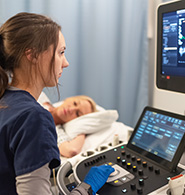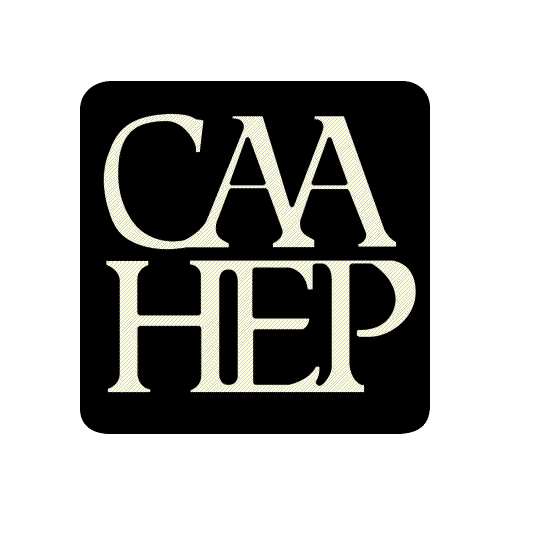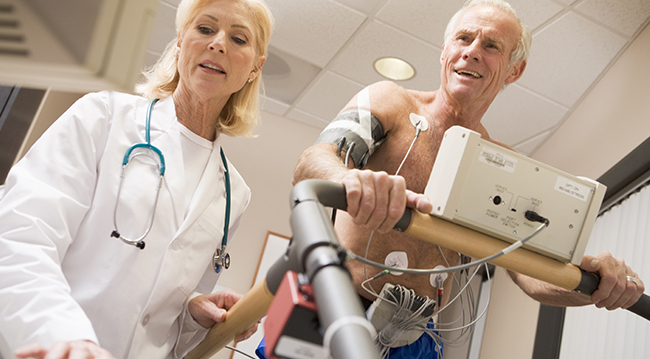Cardiovascular Technology

As the only associate degree program of its kind in South Carolina, Piedmont Technical College’s Cardiovascular Technology program offers a comprehensive study of both invasive and adult echocardiography.
Scott Wells, program director
864-941-8717Credentials offered
A Career in Cardiovascular Technology
At Piedmont Technical College you’ll get hands-on experience in hospitals and health care settings. You’ll learn from experienced cardiovascular technologists, cardiac sonographers and cardiologists to get the hands-on training you need to excel in the field.
Because the program is much more in depth and hands-on than similar programs, you’ll graduate with practical knowledge of the field, and with direct experience on cutting-edge equipment.
Special Application Requirements
The Cardiovascular Technology program has special program admission criteria which must be completed prior to applying for the clinical phase of the program. A student may be admitted to the college at any time in order to complete prerequisite and general education coursework.
Get started:
What Will I Do in the Cardiovascular Field?
Cardiovascular technologists assist in diagnosing and treating diseases of the heart and blood vessels by operating cutting-edge diagnostic equipment. They compare cardiac findings to a standard to identify diseases that can then be treated. Cardiovascular technologists are known to be an extension of the cardiologist.
The job requires both in-depth technical knowledge and a knack for detective work. Cardiovascular technologists often aid clinicians in diagnosing complex medical mysteries — helping patients who have been ill for long periods of time with limited or no response to treatment.
Some Job Duties May Include:
- Prepare patients for procedures by taking medical history and answering questions about procedures
- Prepare and maintain diagnostic imaging equipment
- Operate equipment to obtain diagnostic images or to conduct tests
- Review images or test results to check for quality and coverage of areas needed for diagnoses
- Analyze diagnostic information to provide a summary of findings to physicians
- Record findings and keep track of patients’ records
Career Quick Facts
- Career Outlook
Cardiovascular Technologists
- Median Salary Average: $62,980
- SC Salary Range: $31,230-$82,710
- 100% placement rate for 2022-2023 graduates
Salary and career information from the U.S. Bureau of Labor Statistics.
- Entry Level Positions
Adult Echocardiography
- Echocardiographer
- Diagnostic Cardiac Sonographer
Invasive CVT
- Invasive Cardiovascular Technologist
- Cardiac Cath Technologist
- List of Employers
Recent graduates have found work at:
- Advanced Cardiology Associates
- Aiken Regional Medical Centers
- AnMed Health
- Augusta University Hospital
- Baptist Easley Hospital
- Bon Secours St. Francis Health System
- Carolina Diabetes
- Family Medicine Centers of SC
- Grand Strand Medical Center
- Kelly Ultrasound Center
- Lexington Medical Center
- Newberry County Memorial Hospital
- Oconee Medical Center
- Piedmont Cardiology
- Piedmont Technical College
- Prisma Health
- Providence Hospital
- Riverside Regional Medical Center
- Roper Hospital
- Self Regional Healthcare
- St. Francis Hospital
- St. Mary’s Health Care System
- Tower Pont Medical Center
- Trident Regional Medical Center
- University Health System - Augusta
Virtual Tour
Program Information
Cardiovascular Technology is a title used to describe two basic areas of expertise: Invasive Cardiology and Adult Echocardiography.
Invasive Cardiology utilizes highly sophisticated equipment to perform procedures on patients for diagnostic and interventional treatment of cardiovascular diseases as part of the cardiac catheterization team. The invasive technologist assists a cardiologist in all aspects of the cardiac catheterization.
Adult Echocardiography involves sonographers who perform echocardiograms, or ultrasound imaging, to evaluate different aspects of the heart and blood vessels, such as chamber size, valve function, and blood flow. They must be familiar with cardiac diseases in order to identify any abnormalities and document them via ultrasound imaging. While cardiac sonographers do not themselves diagnose patients, they assist cardiologists with the diagnostic process.

The Cardiovascular Technology program is accredited by the Commission on Accreditation of Allied Health Education Programs (CAAHEP).
